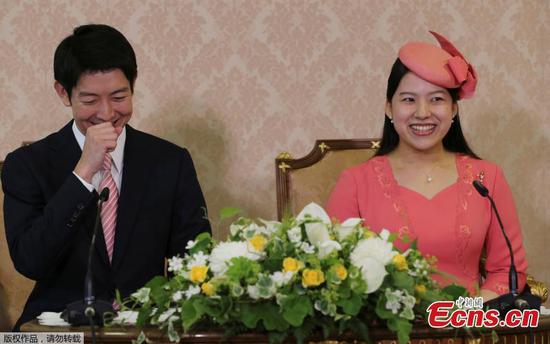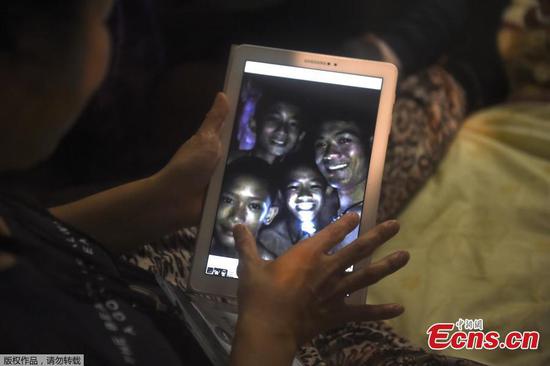Foreign Ministry calls for fair and good environment for Chinese firms
Foreign Ministry spokesman Lu Kang on Tuesday urged related parties in the United States to abandon their outdated Cold War thinking and zero-sum games.
His comments came after the U.S. government moved on Monday to block China Mobile Ltd from offering services in the U.S. telecommunications market, recommending its application be rejected because the government-owned firm allegedly posed national security risks.
China always encourages its enterprises to cooperate in accordance with market rules and international rules and to abide by the laws of the countries it invests in, Lu said at a daily news briefing.
The U.S. should stop its groundless speculation and unreasonable suppression of Chinese firms, he said, adding that it should provide a fair and good environment for Chinese enterprises to invest and operate in the U.S..
The U.S. National Telecommunications and Information Administration (NTIA) said in a statement posted on its website that the Federal Communications Commission should deny China Mobile's 2011 application to offer telecommunication services between the United States and other countries.
"After significant engagement with China Mobile, concerns about increased risks to U.S. law enforcement and national security interests were unable to be resolved," said the statement, which quoted David Redl, assistant secretary for communications and information at the U.S. Department of Commerce, which NTIA is part of.
China Mobile, the world's largest telecom carrier with 899 million subscribers, did not immediately respond to Reuters' request for comment.
The Trump administration's move on China Mobile comes amid growing trade friction between Washington and Beijing. The U.S. is set to impose tariffs on $34 billion worth of goods from China on July 6, which China is expected to respond to with tariffs of its own.
China Mobile Communications Group Co Ltd, a State-owned firm, owns almost 73 percent of China Mobile Ltd, according to Thomson Reuters data as of December.
Bai Ming, a researcher at the Chinese Academy of International Trade and Economic Cooperation, said this is the latest case in which the U.S. government is leveraging national security concerns as an excuse to block Chinese companies' entry to certain markets.
"The U.S. government should not exclude Chinese telecom players, just because they are from China," Bai said.


















































